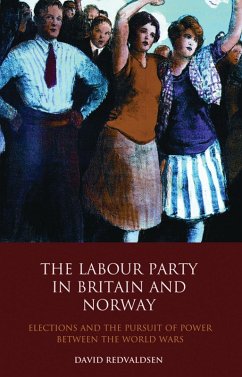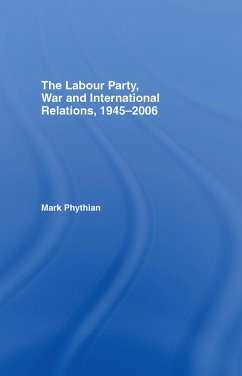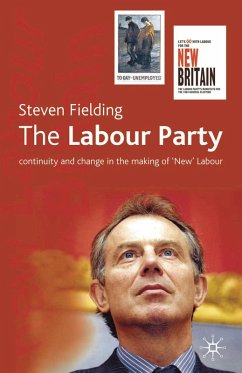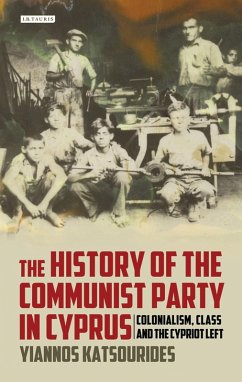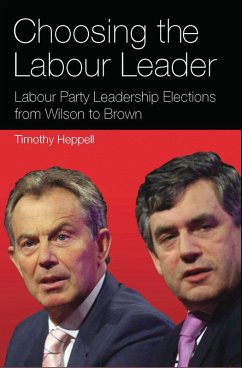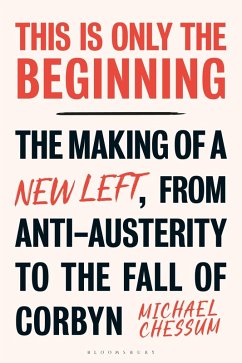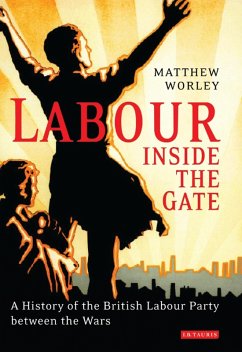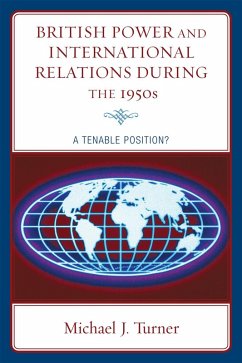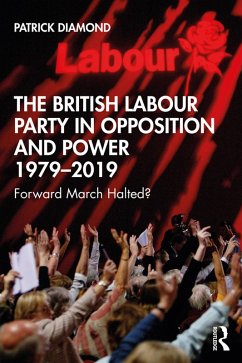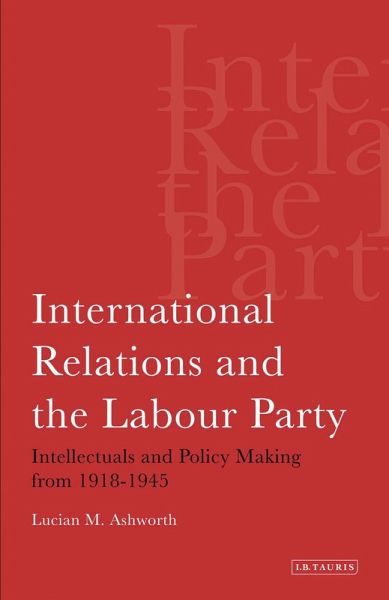
International Relations and the Labour Party (eBook, PDF)
Intellectuals and Policy Making from 1918-1945

PAYBACK Punkte
13 °P sammeln!
PLEASE NOTE THIS IS AN NJR AND BLURB SHOULD NOT BE USED IN ITS RAW FORM: From 1918 to 1945 the British Labour Party worked closely with some of the biggest names in international relations (IR) scholarship. Through such structures as the Advisory Committee on International Questions IR scholars were instrumental in the construction of Labour foreign policy, and the experience of working closely with Labour's leadership influenced the approach to IR taken by these scholars. One of the major effects of the collaboration of Labour with IR experts was a wealth of memoranda, reports and pamphlets w...
PLEASE NOTE THIS IS AN NJR AND BLURB SHOULD NOT BE USED IN ITS RAW FORM: From 1918 to 1945 the British Labour Party worked closely with some of the biggest names in international relations (IR) scholarship. Through such structures as the Advisory Committee on International Questions IR scholars were instrumental in the construction of Labour foreign policy, and the experience of working closely with Labour's leadership influenced the approach to IR taken by these scholars. One of the major effects of the collaboration of Labour with IR experts was a wealth of memoranda, reports and pamphlets written by IR scholars for the Party. This material, despite its relevance to the history of the discipline of IR, has received scant attention in modern IR scholarship. This study has three major goals. The first is to add to the literature on the study of Labour foreign policy by examining the crucial role played by IR theorists and writers. The Advisory Committee and its intellectual members did much to shape the foreign policy of the Party, giving it a coherent approach to international problems. The second is to put the international theories of five key writers - Leonard Woolf, H, N. Brailsford, Philip Noel Baker, Norman Angell and David Mitrany - into the context of both the development of Labour's international policy, and the evolution of the international environment between the wars. Although all five writers are acknowledged as key thinkers in this period, the memoranda on foreign affairs that they did for the Labour Party are little known within IR. The final goal is to demonstrate the inadequacy of the current interpretation within IR of the inter-war period. The obsession with the anachronistic division between realism and idealism - terms that had different connotations before the Second World War - masks both the very different debates that were going on at the time, and the changing international landscape of the inter-war period itself.





